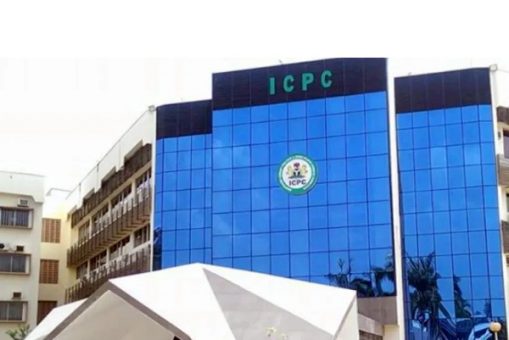The Independent Corrupt Practices and Other Related Offences Commission (ICPC) has filed a two-count charge of alleged money laundering against Alhaji Muhammad Bashir Saidu, a former Chief of Staff to ex-Governor Nasir El-Rufai of Kaduna State. Saidu, who also served as the Commissioner of Finance under El-Rufai’s administration, is accused of receiving and controlling funds exceeding legal limits, in violation of Nigeria’s Money Laundering (Prevention and Prohibition) Act, 2022.
Details of the Allegations
The ICPC, in a charge filed at the Federal High Court in Kaduna, alleged that in March 2022, Saidu accepted a cash payment of ₦155,000,000 from a public officer, Ibrahim Muktar, through a proxy, Muazu Abdu, who served as Saidu’s Special Assistant. According to the commission, this amount exceeded the threshold permitted by law and contravened Section 2(a) of the Money Laundering Act.
The charge further alleges that Saidu indirectly took control of the funds, which he “ought reasonably to have known” were proceeds of corruption. This accusation invokes Section 18(2)(d) of the Money Laundering (Prevention and Prohibition) Act, 2022.
The document, signed by the ICPC’s Assistant Chief Legal Officer, Dr. Osuobeni Ekoi Akponimisingha, emphasized that the alleged offense carries severe penalties. Section 18(3) of the Act prescribes imprisonment for a term of four to fourteen years, a fine of not less than five times the value of the proceeds of the crime, or both.
The Case and Legal Framework
Saidu’s alleged involvement in the money laundering case stems from his tenure as Commissioner of Finance, during which the ICPC claims he unlawfully received the funds from Muktar, a public officer employed by the Kaduna State Ministry of Finance. The funds, according to the charge, were transferred via Muazu Abdu on Saidu’s behalf.
The ICPC asserts that these transactions not only violated legal limits on cash payments but also reflected proceeds of corrupt practices. The commission is relying on provisions of the Money Laundering (Prevention and Prohibition) Act, 2022, to substantiate its case.
Implications and Next Steps
The charges against Saidu and Muktar come in the wake of public claims that the former Chief of Staff had been exonerated following a 10-month investigation. However, the ICPC’s latest filing indicates the continuation of legal proceedings.
The case highlights Nigeria’s intensified efforts to combat corruption and enforce compliance with financial regulations. By bringing the case to court, the ICPC aims to hold public officials accountable for breaches of anti-money laundering laws.
ICPC’s Commitment to Transparency
In its statement, the ICPC reaffirmed its dedication to upholding transparency and combating financial crimes. The commission emphasized the importance of enforcing laws that deter corruption and ensure responsible stewardship of public resources.
The Federal High Court in Kaduna will determine the next steps in the trial, which could have far-reaching implications for the fight against corruption in public office.
Hobnob News

